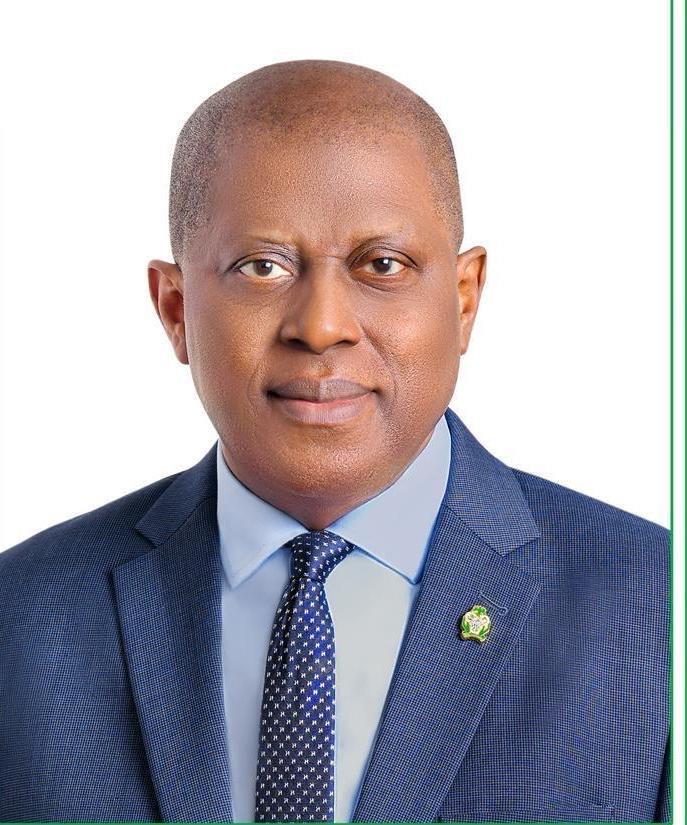Nigeria’s external reserves have recorded a second consecutive week of growth, rising by $86.67 million to reach $38.10 billion. Analysts attribute the increase to a series of proactive steps taken by the Central Bank of Nigeria (CBN) aimed at boosting foreign exchange inflows and stabilising the country’s exchange rate.
Under the leadership of Governor Olayemi Cardoso, the CBN has implemented multiple strategies to strengthen dollar supply in the market. These include expanding access to diaspora remittances, issuing new licences to International Money Transfer Operators (IMTOs), and adopting the “willing buyer, willing seller” model to enhance transparency and efficiency in the FX market.
Experts note that higher reserves bolster the CBN’s capacity to intervene in the currency market when necessary, helping to control naira volatility and ensuring a more stable macroeconomic environment.
As part of its broader strategy, the apex bank has worked to streamline the process for foreign currency inflows by creating multiple access points. Diaspora remittances, which bring in an estimated $23 billion annually, have become a major focus. Policy updates and revised IMTO guidelines are designed to formalise these flows and make them more efficient.
New operational rules now permit IMTOs to collaborate directly with Authorised Dealer Banks (ADBs) to settle remittances. These operators must maintain dedicated accounts for remittances and report all transactions to the CBN on a daily basis. Beneficiaries can receive funds via bank transfer or cash, with a $200 cap on the latter.
In a bid to attract more Nigerians in the diaspora, the CBN recently launched two new financial products: the Non-Resident Nigerian Ordinary Account and the Non-Resident Nigerian Investment Account. These products allow Nigerians living abroad to hold funds in either naira or foreign currency, remit money home, and invest in various financial instruments, including government bonds and diaspora-targeted securities.

These reforms appear to be having a positive effect on investor sentiment. Charlie Bird, Director of Trading at Verto, remarked during a recent seminar hosted by Cordros Asset Management that Nigeria’s improved FX liquidity has made it a more appealing destination for foreign investors. He noted that challenges previously faced by foreign airlines and portfolio investors in repatriating funds are gradually being resolved.
Legal experts have also highlighted the significance of the revised IMTO framework. According to analysts at Duale, Ovia & Alex-Adedipe, the updated guidelines represent a structural enhancement to Nigeria’s foreign exchange system. They stress the importance of these measures in closing informal FX channels and improving the overall transparency of the remittance sector.
Beyond their financial utility, remittances play a vital developmental role. Dr. Aminu Gwadabe, President of the Association of Bureaux De Change Operators of Nigeria (ABCON), described diaspora remittances as a cornerstone of Nigeria’s economic stability, complementing both direct and portfolio investments.
This perspective aligns with insights from Mohamed Touhami el Ouazzani, Western Union’s Regional Vice President for Africa. He reported that Africa received $90 billion in remittances in 2023 alone, emphasising the powerful impact these funds have on families, communities, and national economies. He described remittances as drivers of infrastructure development, entrepreneurship, and financial inclusion across the continent.
Other countries like Kenya, Ethiopia, and Ghana are also leveraging diaspora contributions through innovative financial instruments, and Nigeria is following suit with its recent reforms and new financial products.
While the short-term outlook for Nigeria’s foreign exchange market is encouraging, experts caution that long-term stability will require consistent policy implementation, increased transparency, and strong collaboration among stakeholders. The CBN’s current approach, however, is viewed as a step in the right direction toward restoring investor confidence and building a resilient FX ecosystem capable of supporting national development goals.




